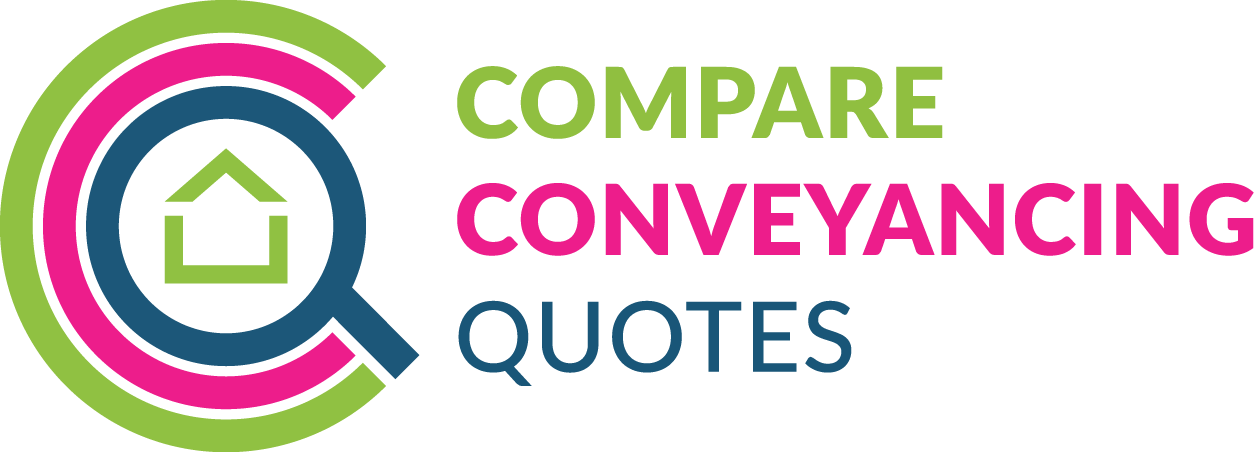Top Social Accounts to Follow for Saving Advice
Although social media is often deemed to be a materialistic haven that persuades us to spend more money, there are actually a few social accounts that offer great savings advice. Some focus on debts and how to clear them, while others discuss budgeting and how to do it more effectively. If you’re trying to save up for a deposit on a new home, you could benefit from following these accounts to take advantage of the financial advice they can offer.
@thefrugality – Alex Stedman
This stylist, writer and editor has an Instagram account on which she openly and honestly discusses money. Since her content focuses primarily on interiors and fashion, she shows her audience ways of being more frugal in both of these areas.
A particularly interesting area of her account details the renovations of her first home. She shares what she’s saved for, how she prioritised what she needed most and how long the process has taken. This is something that any new homeowner is sure to appreciate when trying to save money on the cost of decorating their new property.
@myfrugalyear – My Frugal Year
This anonymous Instagram account is designed to share a 20-something’s journey through credit card debts and her efforts to clear them. She not only discusses the reasons for her getting into debt in the first place, but she also offers tips for eradicating it. If you’re looking for ways to view your debts and savings in a different way, this is the account for you to follow.
@frugal_me_free – Cheryl
This popular Instagram account offers realistic and practical savings solutions. Cheryl doesn’t believe it’s ever too late to save and focuses on starting today rather than thinking about how much you might have saved if you started earlier.
This positive attitude is great for anyone who is saving up for a deposit for their first home as it helps them look ahead, rather than to the past. This account is all about setting realistic goals, not over-stretching yourself, and not putting off saving until tomorrow.
@laurawhately – Laura Whately
For anyone who is struggling to come to terms with the financial reality of the real world, this Instagram account is a great way to get to grips with the basics of ‘grown-up’ things. Such as house deposits, pensions, mortgages and savings schemes, as well as navigating through the minefield of credit scores – how to check them, improve them, and most importantly, not damage them in the future.
Offering practical advice about paying off debts, mortgages and pensions, this account also gives you useful information about money’s effect on mental well-being. Essentially, it’s a must-read for anybody who is new to dealing with their finances and who wants to give themselves the best chance of managing their money wisely.
If you follow the above social media accounts, you’re sure to find that saving up for your first home’s deposit is quicker and easier than you ever imagined and when you are ready we can save you even more with a quick quote from our UK wide panel of conveyancing solicitors.

